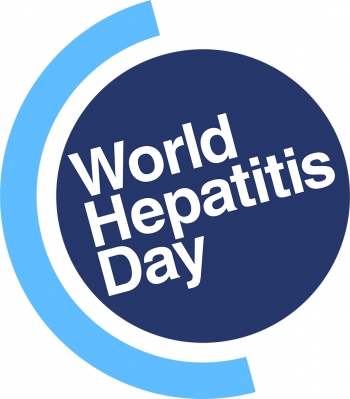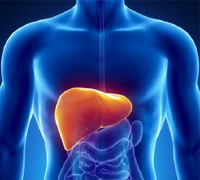VA is leading the way for hepatitis C testing and treatment.
To date, VA has tested more than 85% of the birth cohort (Veterans born 1945- 1965 who are at higher risk) and more than 75% of our Veterans age 18-79 for hepatitis C.
We have cured over 120,000 Veterans of hepatitis C using the latest treatments.
This World Hepatitis Day, July 28, we are recognizing the valuable work of two VA employees. Dr. Angela Park and Rachel Gonzalez have been named Hepatitis Elimination Champions for 2021 by the Coalition for Global Hepatitis Elimination.
This award recognizes their leadership for hepatitis C elimination at VA. Park and Gonzalez led the work of our Hepatic Innovation Teams (HITs).
Teams successfully increase testing and treatment
The HITs worked on systems redesign to successfully increase our testing and treatment efforts. Based on their success, these teams are now tackling advanced liver disease and increasing screening for liver cancer.
If you haven’t yet been tested, now is the time to do so. All adults age 18-79 should be tested at least once. If you aren’t sure if you’ve been tested before, talk to your provider.
If you are diagnosed, new treatments available at VA can cure most people in about 12 weeks. If you have concerns about how being cured might affect your service connection disability rating or benefits, consult the Veterans Benefits Administration.
In addition, many VA facilities host free legal clinics for Veterans, operated by non-VA legal service providers.
If you test negative, continue to protect yourself from becoming infected.
Here are some ways to reduce your risk:
- If you inject drugs, don’t ever share your needles or works with anyone else. If you need help with this, talk to your provider about syringe services programs and safe injection practices, and visit: https://www.cdc.gov/ssp/.
- Always practice safe sex. Though risk of hepatitis C transmission via sex is low, it is important to use a latex barrier, such as a condom (or rubber) every time you have sex. Using condoms also reduces your chances of getting some sexually transmitted infections.
- Do not use anyone else’s razor, toothbrush, or other personal care items.
Thank you for taking action to protect your health. Learn more about hepatitis C.
Topics in this story
More Stories
The Medical Foster Home program offers Veterans an alternative to nursing homes.
Watch the Under Secretary for Health and a panel of experts discuss VA Health Connect tele-emergency care.
The 2024 National Veteran Suicide Prevention Annual Report provides the foundation for VA’s suicide prevention programs and initiatives.








